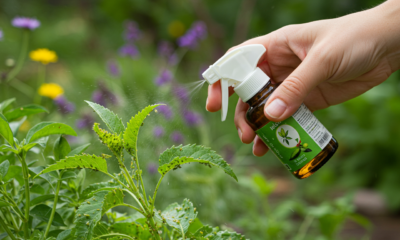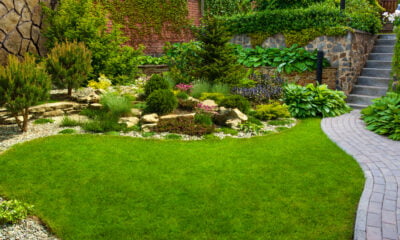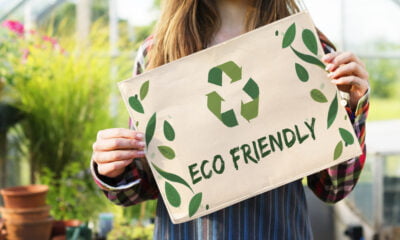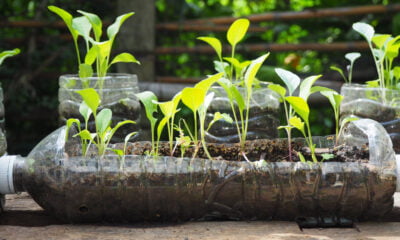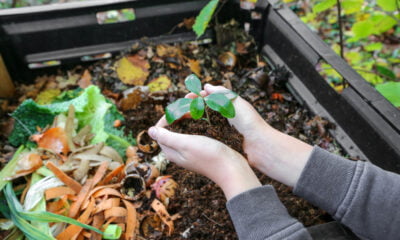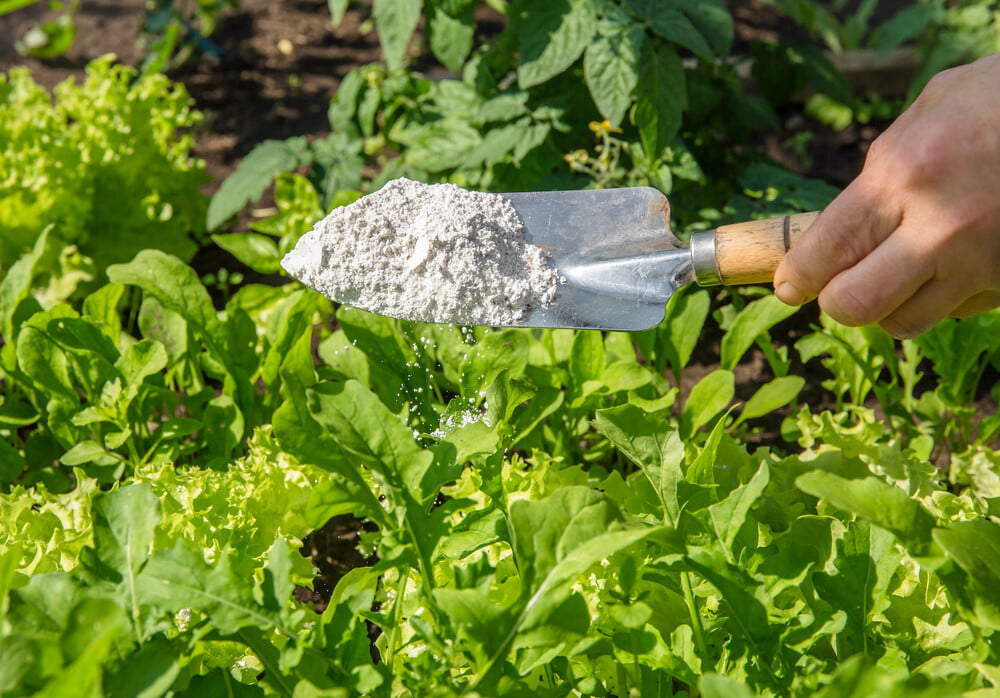
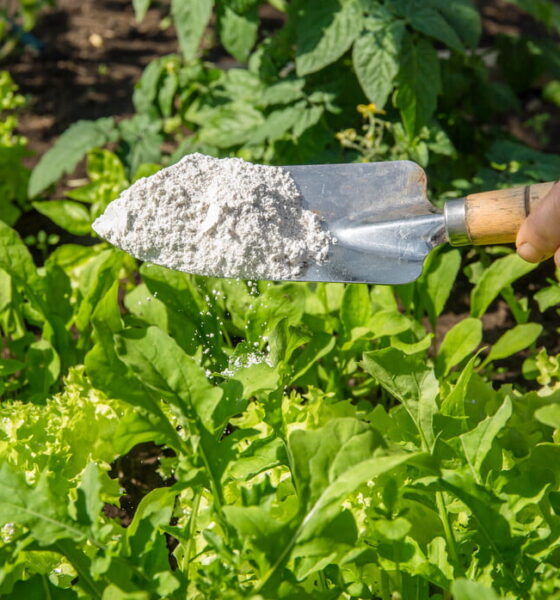
Environment
Creating an Eco-Friendly Garden that is Free of Pests
There are a number of important features of an eco-friendly home. One to option to take into consideration is creating an eco-friendly garden.
The house with a front (or back) garden is everyone’s dream. Of course, gardens are beautiful but definitely hard to maintain. It takes knowledge and timely inspection to ensure that plants are growing well. It also involves the tricky task of keeping insects at bay.
You can do wonders for the environment by setting up a garden in your home. Some of the environmental benefits include:
- You can grow more vegetation, which will help produce oxygen for the environment.
- You will reduce your carbon footprint by being less dependent on the national food supply chain, which is more reliant on transportation.
- You can foster a sense of minimalism, which will carry over into other parts of your life. This will help lower your overall carbon footprint.
However, there are some challenges associated with creating a garden that is expected to be eco-friendly. You will have to worry about pests. The good news is that there are eco-friendly ways to deal with pests that might want to attack your garden.
Dealing with Pests without Leaving a Harmful Environmental Footprint
Several home-owners and gardeners experience garden destruction at the hands of insects and have to try various control methods before actually getting results. Pesticide is the main solution people think of when it comes to protecting their gardens from a pest attack.
However, did you know there are alternate methods that might complement your existing pest control strategy or work better than previous methods? You can find some pest control approaches that are eco-friendly. Read on to know more about how you can keep insects out of your garden.
Let’s start with some plant fundamentals and how to use this knowledge to your advantage – all you need to know about what to grow, intercropping and growing pest-resistant vegetation.
Choose What to Grow:
When you do start to plan out your garden, put some thoughts into the vegetation you plan to grow. Some plants are much more pest resistant than others. Most beginners do not know this but some attract pests more than others. And after all the effort needed to grow your own organic produce, imagine being unable to protect it from pests? But, what if the plant itself does the hard work for you and repels the insects? Yes, that’s right Mother Nature endowed certain vegetation with special powers to keep pests at bay.
If you prefer a low maintenance garden its best you opt for these plants that are pest-resistant.
Grow Healthier Plants:
Ensure your vegetation are healthy. Healthy plants have the immunity to withstand diseases and depending on which vegetation it is it may even be able to ward off pests by themselves. Let’s just say healthy plants mean a happy garden.
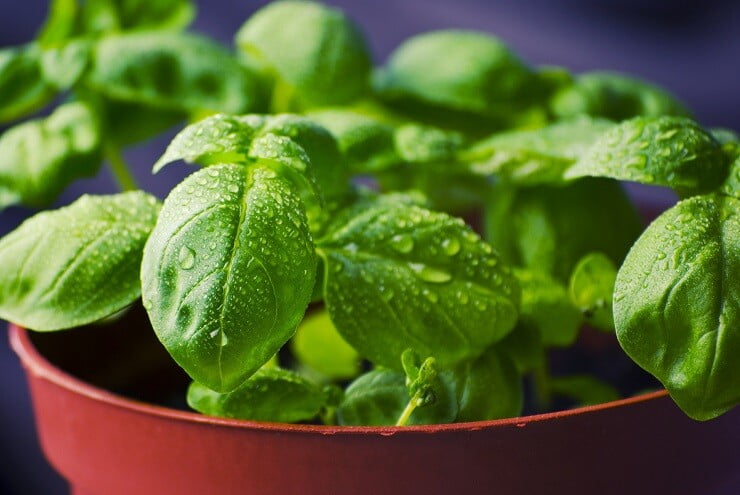
Intercropping:
Intercropping is a strategic gardening technique you can implement as a way to confuse pests. In this technique you harness the power of variety. By growing different types of plants together, insects find it difficult to find the vegetation they want to attack. This tactic of confusing them might help reduce their interest in your property altogether.
Tips to Keep Pests at Bay
- Install Barriers
Physical barriers are a top choice to keep pests from destroying your garden. Thanks to their simple installation and effective results, this is a go-to you can rely on. Another valuable reason you may want to employ this tip, is the options it is available in depending on your requirement.
- Clean Out Potential Pest Homes:
From decluttering the surrounding areas to weeding and clearing up fallen leaves or over ripe fruit – almost every single one of these can function as a home to pests. And where there is an opportunity for them to have a comfortable habitat, they’re bound to continue visiting or consider living there permanently. The best way to control their arrival and stay is by ensuring it is so uncomfortable that they never consider making it their home.
- Ensure the Soil is Healthy:
Healthy soil equals healthy vegetation. And as mentioned above healthy vegetation will be more resistant to diseases and insects. Regular treatment with compost and fertilizer will help maintain the nutrient levels in the soil.
Irrigation is essential to maintaining the hydration of your garden. There are many options for irrigation, for example, you can find storage tanks at Agron for holding water and releasing it into the garden through irrigation hoses, misters, and more. Automating some of your gardening responsibilities can assure timing and efficiency are met so you can spend more time enjoying the fruits of your labor
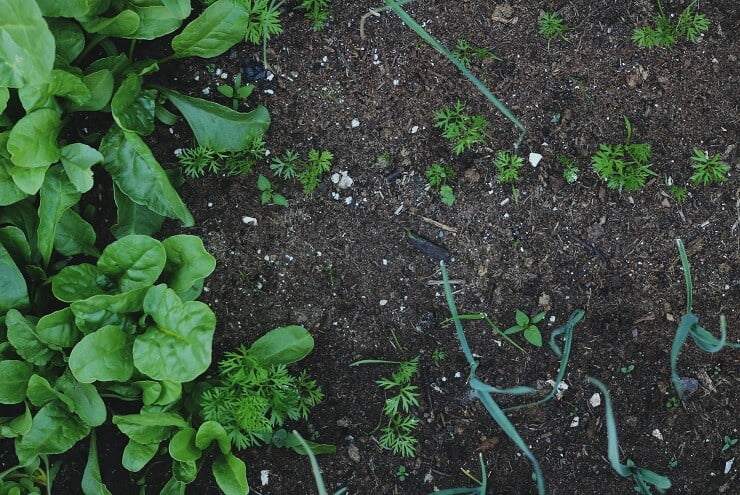
- Avoid Keeping Weak or Diseased Plants:
Yes, they are plants but understandably some of us get attached to the point that pruning dead/diseased bits or maybe even having to get rid of a weak one entirely can be difficult to execute.
In times like these, you’ve got to remember that weak/diseased vegetation turn out to be the weak link and can bring the whole garden down by attracting pests.
- Install Traps:
Traps can be a smart way of catching any pests that make their way to your produce. Do an analysis to understand what insects you currently have and/or might attract and select traps on the basis of these findings.
- Protect Your Garden with the Service of a Few Natural Predators:
Nature functions on the rule of the survival of the fittest. Some animals are at the top of the food chain and some at the bottom, but all for good reason. A good strategy to protect your garden would be to plants certain shrubs, trees, maybe even build a pond to encourage creatures who will then protect your garden.
Ants and spiders for instance, prey on insects that might attack your vegetation. Having them on your side might actually help you reap the benefits of their dietary habits.
- Beware of Rodents:
Apart from insects, you could also land up with a rodent problem. So always keep a lookout for any signs of their presence. What can start off as harmless munching on your organic produce can soon turn into an infestation of your home and property damage.
The best way to go about rodent control is to have a professional pest control service and inspection carried out at regular intervals.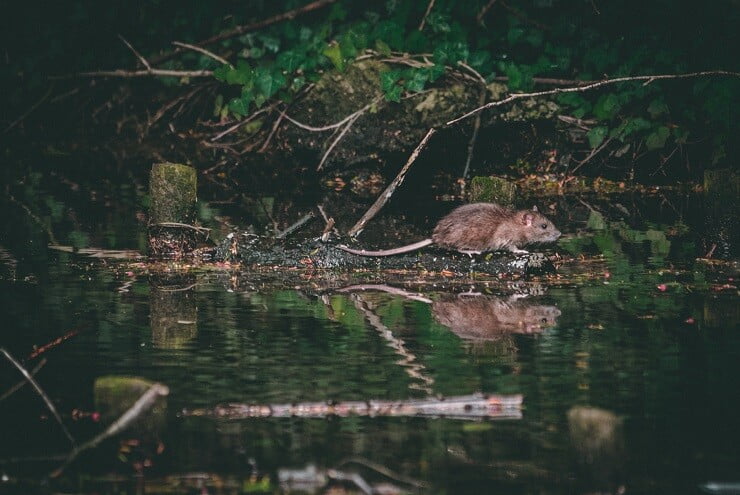
- The Importance of Professional Pest Control:
Unknown to most home-owners, landscapes and gardens are often the main reason for an infestation. For this reason, it is important that you have a certified professional examine your property regularly. This is critical as timely inspection could expose any growing infestation problems or compromising factors that can invite a future infestation.
Finally, as hard as it may be to sympathise with the insects and critters that destroy your organic produce, do remember they’re part of Mother Nature.
If they’re trying to make your plants their home it is probably because they have lost theirs. Perhaps try to work along with them to arrive at a solution by planting surplus produce they can feed on instead of attacking the lot you plan to take home. Or if the infestation is too much to take do call for professional pest control treatment.
In any case, it is always good to schedule an inspection on a regular case to ensure you don’t have a pest problem.


 Features11 months ago
Features11 months agoEco-Friendly Cryptocurrencies: Sustainable Investment Choices

 Energy11 months ago
Energy11 months agoThe Growing Role of Solar Panels in Ireland’s Energy Future

 Energy10 months ago
Energy10 months agoGrowth of Solar Power in Dublin: A Sustainable Revolution

 Energy10 months ago
Energy10 months agoRenewable Energy Adoption Can Combat Climate Change
